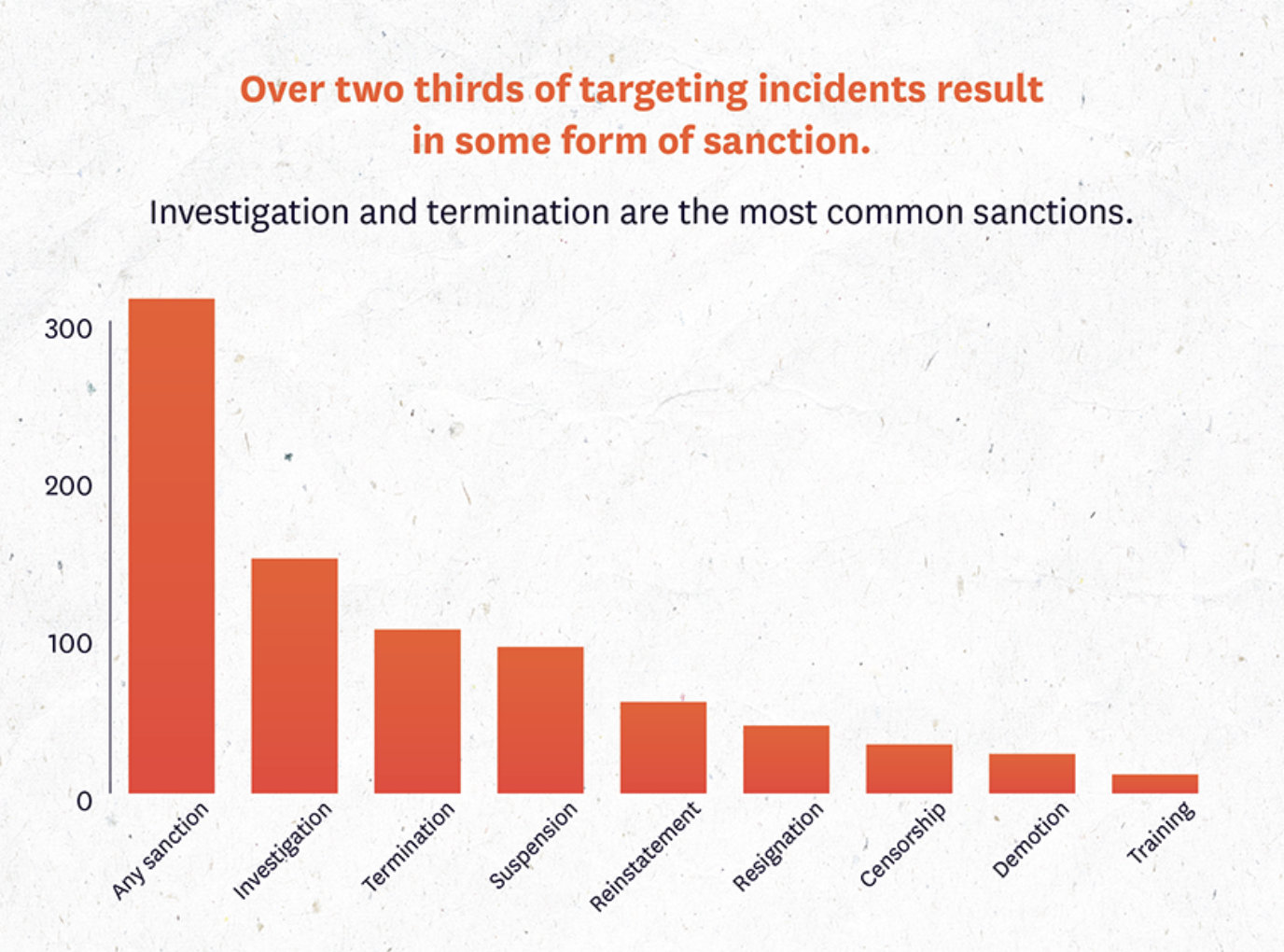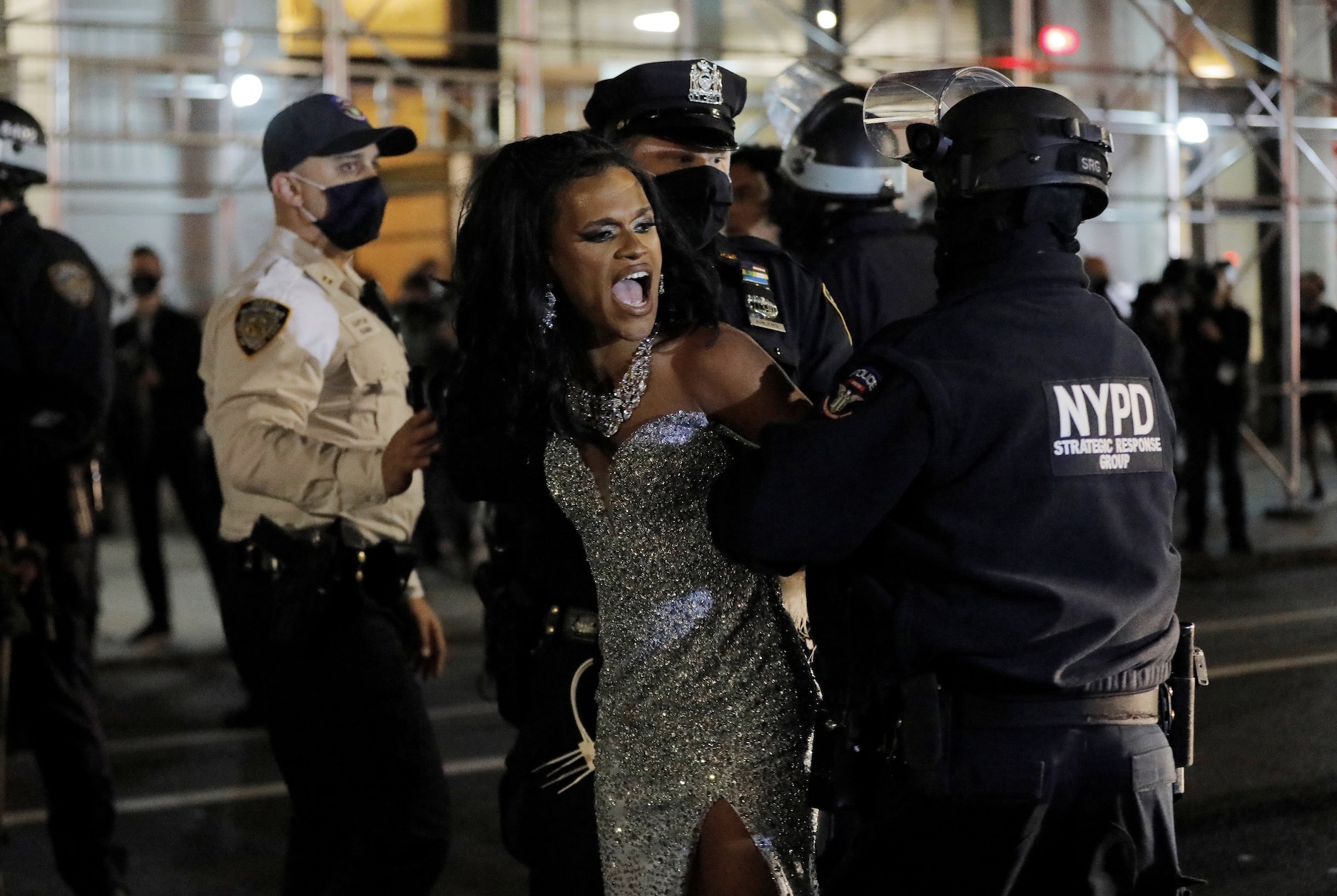 2018 STATE OF THE FIRST AMENDMENT SURVEY REVEALS AMERICANS CONSIDER FAKE NEWS MORE OBJECTIONABLE THAN HATE SPEECH
2018 STATE OF THE FIRST AMENDMENT SURVEY REVEALS AMERICANS CONSIDER FAKE NEWS MORE OBJECTIONABLE THAN HATE SPEECH
Republished with Permission from Newseum’s First Amendment Center
Every year the First Amendment Center of the Freedom Forum Institute conducts the State of the First Amendment survey, which examines Americans’ views on freedom of religion, speech, press, assembly and petition, and samples their opinions on contemporary First Amendment issues. The survey, conducted in partnership with Fors Marsh Group, an applied research company, has been published annually since 1997, reflecting Americans’ changing attitudes toward their core freedoms.
This year’s survey revealed that Americans consider fake news more objectionable than hate speech on social media, though both are opposed by large majorities. The survey showed that 83 percent of respondents agreed that social media companies should remove false information, compared to 72 percent who agreed such companies should remove hate speech.
The good news for First Amendment advocates is that, even with those high levels of concern and desire for action, a majority of Americans do not support the government in having the power to require social media companies to remove objectionable content.
In other good news, three out of four Americans (77%) are supportive of the First Amendment and the freedoms it guarantees. Unfortunately, most Americans are generally unaware of what those freedoms are. More than one-third of the survey respondents (40%) could not name a single freedom guaranteed by the First Amendment, and another third of the respondents (36%) were only able to name one. Only one respondent out of the 1,009 people surveyed was able to correctly name all five freedoms guaranteed by the First Amendment. Many more respondents (9%) thought that the First Amendment guaranteed the right to bear arms (a right that is actually guaranteed by the Second Amendment).
In the past year, President Trump has railed against many news media outlets for their critical coverage of his administration, but results show that an increasing number of Americans believe that the media should play such a role: 74 percent of Americans, compared to 68 percent last year, think that it is important for the media to serve as a watchdog on the government. A majority of Americans (70%) don’t think that the president should have the authority to deny press credentials to any news outlets he chooses. Americans also hold journalists to high ethical standards, with most (68%) agreeing that it is necessary for journalists to disclose conflicts of interest to be credible.
Issues involving the freedom of religion remain incredibly divisive. The Supreme Court’s recent decision on the Masterpiece Cakeshop case was limited in scope and did not settle the underlying conflict between religious beliefs and nondiscrimination laws. Survey results (gathered before the decision came out) indicated the American public is still very divided about this unresolved issue: 54.5 percent of Americans believed that the baker in the case should not be legally obligated to create a cake for a gay wedding, while 42 percent thought that the baker should be.
While last year’s survey found that 43 percent of Americans felt that colleges should have the right to ban controversial campus speakers, the 2018 survey delved deeper into this issue, asking respondents about different scenarios where it might or might not be appropriate for a public college to retract an invitation to a controversial speaker. A majority (70%) agreed that a college should be able to retract an invitation to a speaker whose remarks would incite violence or threaten public safety (70%). There was less consensus about what to do with a speaker whose remarks would provoke large-scale protests from students. A little more than half (51%) thought that a college should be able to retract an invitation to such a speaker. Females were more likely to think so than males (57%, compared to 45%), and people who identified as black were more likely to think so than people who identified as white (66%, compared to 46%). When presented with the example of a speaker who would be likely to offend groups or individuals, 42 percent thought that a college should be able to retract their invitation — and interestingly, Southerners were more likely to think so than people from the Northeast or Western United States.
Overall, the results of the 2018 survey showed that even though most Americans can’t name all the freedoms guaranteed by the First Amendment, they have strong opinions about the specific First Amendment issues that pop up in their lives — in the news, on campus and online.
Survey conducted and supported by Fors Marsh Group
Freedom Forum State Of The First Amendment> FAW First Amendment: By the Numbers>Tags



